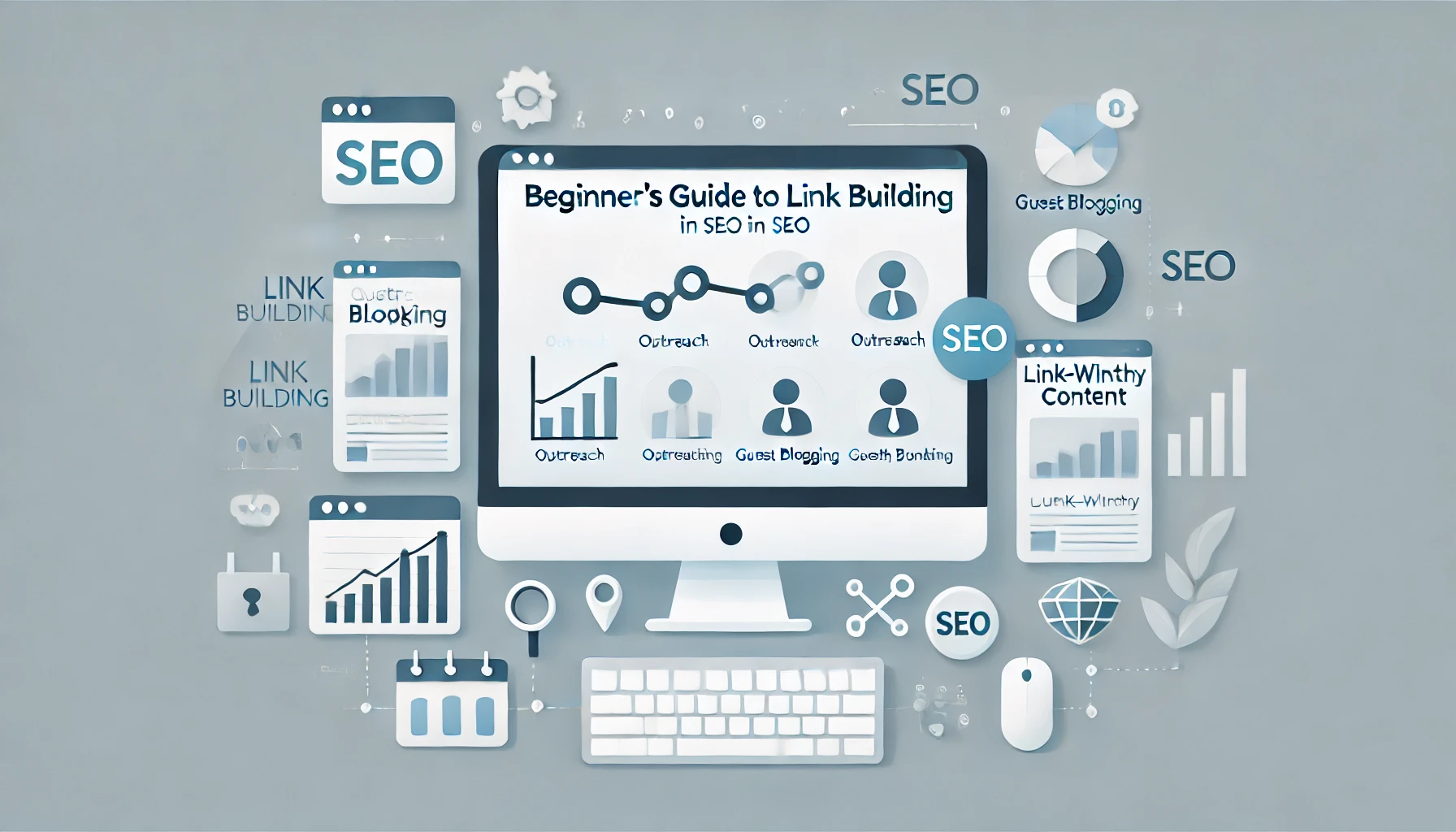In today’s digital age, establishing a strong online presence is crucial for the success of businesses of all sizes. And that includes small businesses too! With millions of websites competing for attention, search engine optimisation (SEO) has become a vital set of tools and techniques for ensuring your business is visible to potential customers. This article explores essential SEO tactics for small businesses to help them thrive in the highly competitive online landscape.
Table of contents
1. Keyword research
The foundation of any successful SEO strategy begins with comprehensive keyword research. Identify the key terms and phrases potential customers are likely to use when searching for products or services related to your business. Utilise tools like Google Keyword Planner or SEMrush to uncover relevant keywords, assess their search volumes, and how difficult they are to win. When you’ve found the right keywords, incorporate these keywords into your website content, titles, meta descriptions, and image alt text.
Watch out! Don’t “overstuff” your content with keywords. Write naturally. Always remember that you’re writing for humans, not search engines.
2. Quality, helpful content is King
Search engines prioritise high-quality, relevant, and most importantly, helpful content. Create informative, engaging, and shareable content that addresses the needs and concerns of your target audience. Regularly update your website with fresh content, including blog posts, articles, and multimedia. This is good for SEO and positions your business as a source of expertise and authority, fostering trust with potential customers.
3. Optimise on-page elements
Optimising on-page elements is crucial for search engine visibility. Ensure that your title tags, meta descriptions, headers, and URLs are clear, concise, and contain relevant keywords. Use descriptive and compelling meta tags to entice users to click through to your site. Additionally, incorporate internal linking to guide users through your website, enhancing their experience and improving SEO.
4. Mobile-friendly design
Many internet users now access content through mobile devices. Having a mobile-friendly website is imperative. Google prioritises mobile-friendly websites in search results, making it a key factor for SEO success. Ensure your website is responsive and provides a seamless experience across various devices, optimising design and content for smaller screens.
5. Local SEO optimisation – a must for small businesses
For small businesses targeting a local audience, local SEO optimisation is paramount. Claim and optimise your Google My Business listing, ensuring accurate information such as your business name, address, and phone number. Encourage customers to leave reviews, as positive reviews build trust and can indirectly contribute to higher local search rankings. Consistent NAP (name, address, phone number) information across online directories is crucial for local SEO success.
6. Backlink building
Earning high-quality backlinks from reputable websites is a powerful SEO strategy. Cultivate relationships within your industry, contribute guest posts to authoritative websites, and seek opportunities for online mentions. Each backlink acts as a vote of confidence in your website, signalling to search engines that your content is valuable and relevant.
7. User experience matters
A positive user experience is not only crucial for retaining visitors but also for SEO. Slow-loading websites, confusing navigation, and poor design can negatively impact your search rankings. Optimise your site for speed, ensure easy navigation, and create an intuitive user interface. Google’s algorithm considers factors like bounce rate and time spent on site, meaning a positive user experience can boost your SEO efforts.
8. Social media integration
While social media may not directly impact search rankings, it plays a significant role in building brand awareness and driving traffic to your website. Post your content on social media platforms to engage with your audience and encourage sharing. Increased social media activity can indirectly contribute to improved SEO by enhancing your brand’s online presence and driving traffic to your website.
Conclusion
In the competitive online landscape, small businesses must leverage effective SEO strategies to stand out and attract their target audience. By focusing on keyword research, creating high-quality content, optimising on-page elements, embracing mobile-friendly design, prioritising local SEO, building backlinks, enhancing user experience, and integrating social media, small businesses can unlock the potential for online success. Remember that SEO is an ongoing process, requiring constant monitoring and adaptation to stay ahead of the competition and continue growing your digital presence.
Bourne Digital can help you increase brand awareness, generate traffic and get more leads.



